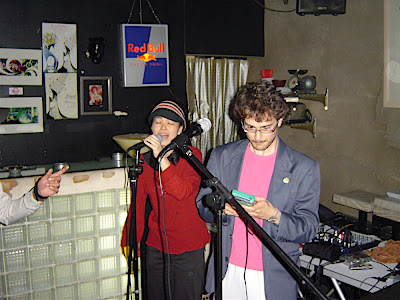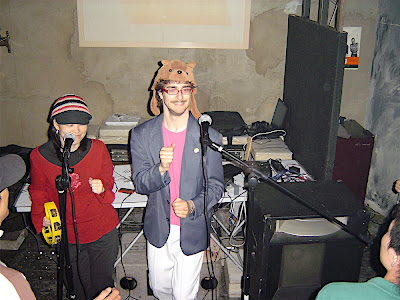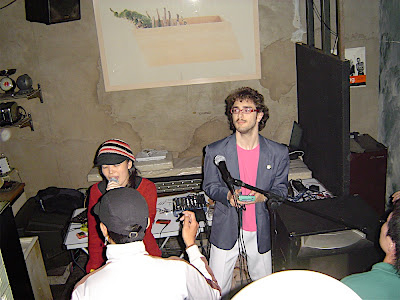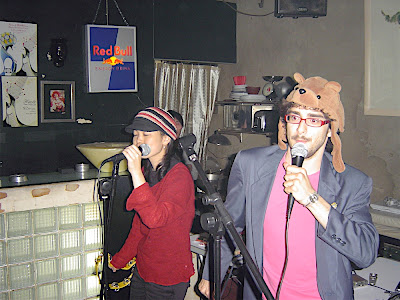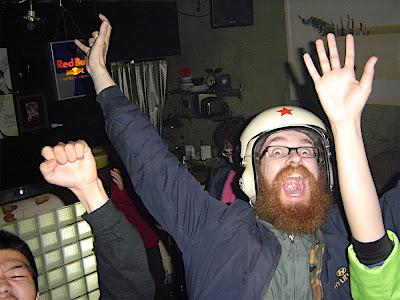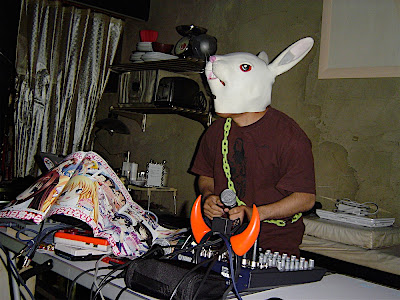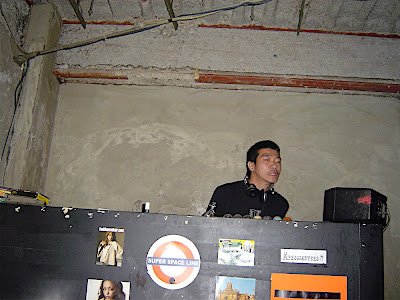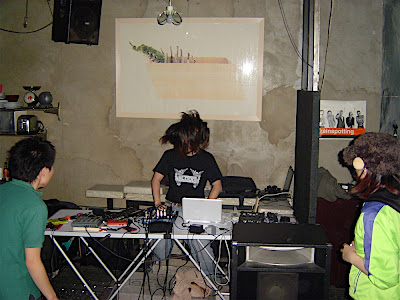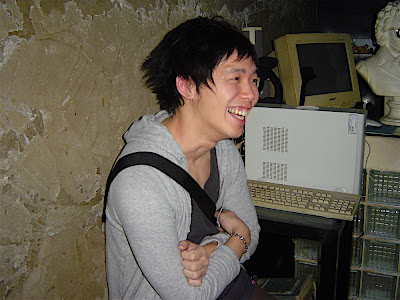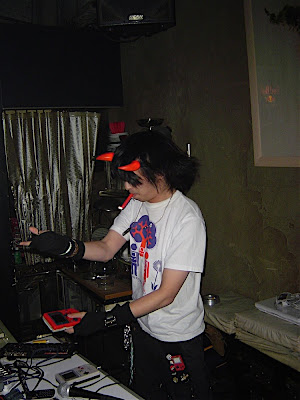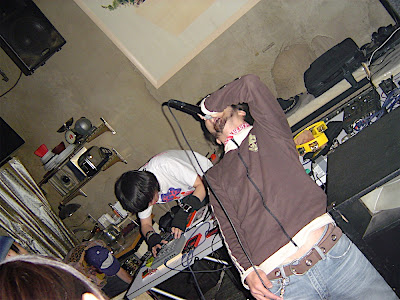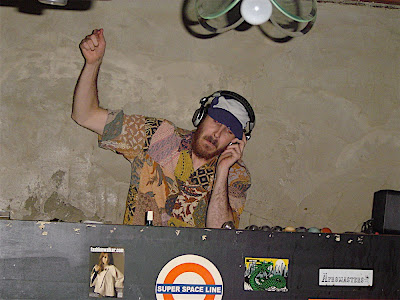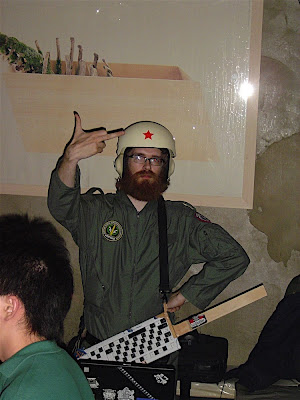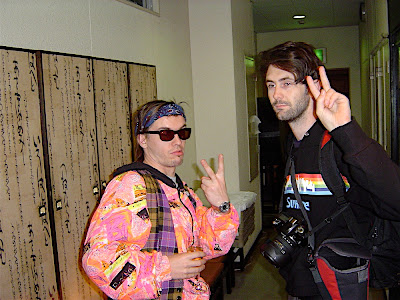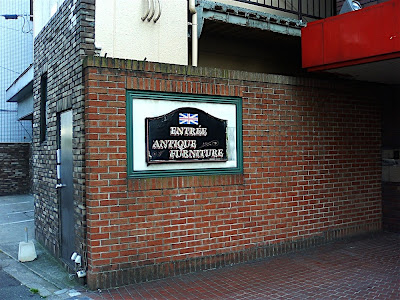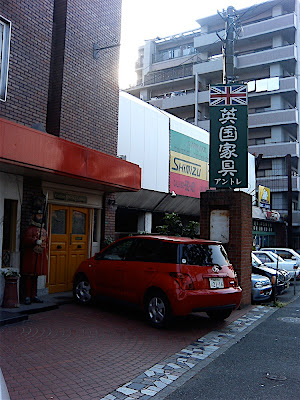Últimamente en Japón se habla mucho de lo que se conoce como «el buzón para bebés«, que no es otra cosa que una minúscula habitación que desde la semana pasada facilita el Hospital Jikei Byouin de Kumamoto para dar un bebé en adopción de forma anónima. Es una medida que se ofrece para salvar al bebé de ser abandonado en casos de emergencia y fuerza mayor, en los que los padres no pueden hacerse cargo.
最近、熊本市の慈恵病院で先週始まった「赤ちゃんポスト」のことが話題になっている。どうしても赤ちゃんを育てられない人が本当にやむを得ない状態の場合、赤ちゃんを見捨てるのではなく、匿名で預けられる場所。
Everybody has heard about the «baby drop box» lately. Kumamoto’s Jikei Byouin Hospital opened last week a facility which provides a place to give a newborn baby for adoption anonymously. This is supposed to help the baby from being abandoned if parents are in a condition that can’t be helped, and can’t take care of their child.
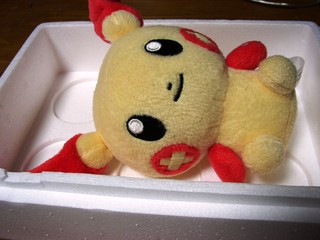
El «buzón para bebés tiene mucho mejores prestaciones que esto
「赤ちゃんポスト」の設備はこれよりずっとよさそうです
The features of the «baby drop box» are much better than this
(foto 写真 picture: furu-fp6565)
Cuando se deja un bebé en esta caja especialmente acondicionada y vigilada con cámara de seguridad, el bebé pasa directamente a ser cuidado en el hospital. Los padres pueden recuperarlo, pero tendrían que dar la cara. El nombre del bebé lo decidirá el alcalde de la ciudad de Kumamoto.
No es el primer «buzón de bebés» del mundo, ni el primero de Japón, pero esta medida ha desatado mucha polémica. Aunque está generalmente aceptado que se pueden reducir los casos de abandono de bebés en taquillas de estaciones y demás lugares donde la vida del bebé corre peligro, se argumenta que dar esta facilidad para el abandono puede traer un aumento del total casos. A esto, los responsables del Hospital Jikei Byouin de Kumamoto responden que salvar vidas es su máxima prioridad.
También es polémico el nombre genérico con el que se conoce en los medios al dichoso «buzón para bebés«, pero eso no afecta al Hospital Jikei Byouin de Kumamoto, ya que el suyo se llama «Cuna de la cigüeña«.
—
置いて行かれた赤ちゃんは病院が預かって、熊本市長が命名するようになっている。この「赤ちゃんポスト」は世界初でも日本初でもないが、かなり話題になっている。コインロッカーなどで置いて行かれるよりずっといいとみんな認めているみたいだけど、これで赤ちゃんが置いて行かれる事件が増えるのではないかという意見もあった。しかし、慈恵病院は命が救われるのが最優先だと言う。
よく聞く「赤ちゃんポスト」という表現には確かに抵抗があるが、慈恵病院では「こうのとりのゆりかご」という呼び方になっている。
—
If a baby is left in the «drop box» the Hospital will take care of her, and Kumamoto’s mayor will give her a name. Parents can still recall her, but they will have to reveal their identity.
It’s not the world’s first «baby drop box«, not even Japan’s first one, but it’s been quite a hot topic for weeks. It looks like everybody agrees that it’s better for a baby to be left in a «baby drop box» than in a locker or even in the trash, but many people point that because of this facility we might see a raise in this kind of cases. Kumamoto’s Jikei Byouin Hospital replied that saving lives goes first.
The way they refer to the «baby drop box» is controversial as well, but Kumamoto’s Jikei Byouin Hospital avoids this calling theirs the «Stork’s Cradle«.
• Última hora — 最新情報 — Breaking news
Y ahora siento tener que daros una lamentable noticia. En las primeras tres horas en las cuales la «Cuna de la cigüeña» estuvo operativa, un niño de unos 3 años era abandonado por sus padres en el «buzón para bebés». El niño habla y sabe quién son sus padres. No creo que tarden en pillarlos.
これに関して、とんでもないニュースを報告しないといけない。「こうのとりのゆりかご」が始まってすぐ3時間以内に3〜4歳の子供が親に置いて行かれた。子供はもうしゃべれるし、親が誰かある程度知っているそうだ。早く捕まるだろう。
I’m sorry but it’s time for bad news. Within 3 hours since first opening the «Stork’s Cradle«, a 3 or 4 years old boy was abandoned. The child can speak and knows his or her parents. I guess they will get caught soon.
• Más sobre el «buzón para bebés» — 「赤ちゃんポスト」について — More about the «baby drop box»

 El segundo domingo de Mayo es el día de la madre en Japón (en España es el primero). La faceta comercial de todos estos «días de algo» me deja muy frío por el hecho de hacer convenciones de los sentimientos, aunque también entiendo que vender claveles para regalar a las madres puede ayudar a mover dinero, y eso es bueno. Pero hay algo que me gusta del día de la madre de Japón.
El segundo domingo de Mayo es el día de la madre en Japón (en España es el primero). La faceta comercial de todos estos «días de algo» me deja muy frío por el hecho de hacer convenciones de los sentimientos, aunque también entiendo que vender claveles para regalar a las madres puede ayudar a mover dinero, y eso es bueno. Pero hay algo que me gusta del día de la madre de Japón.